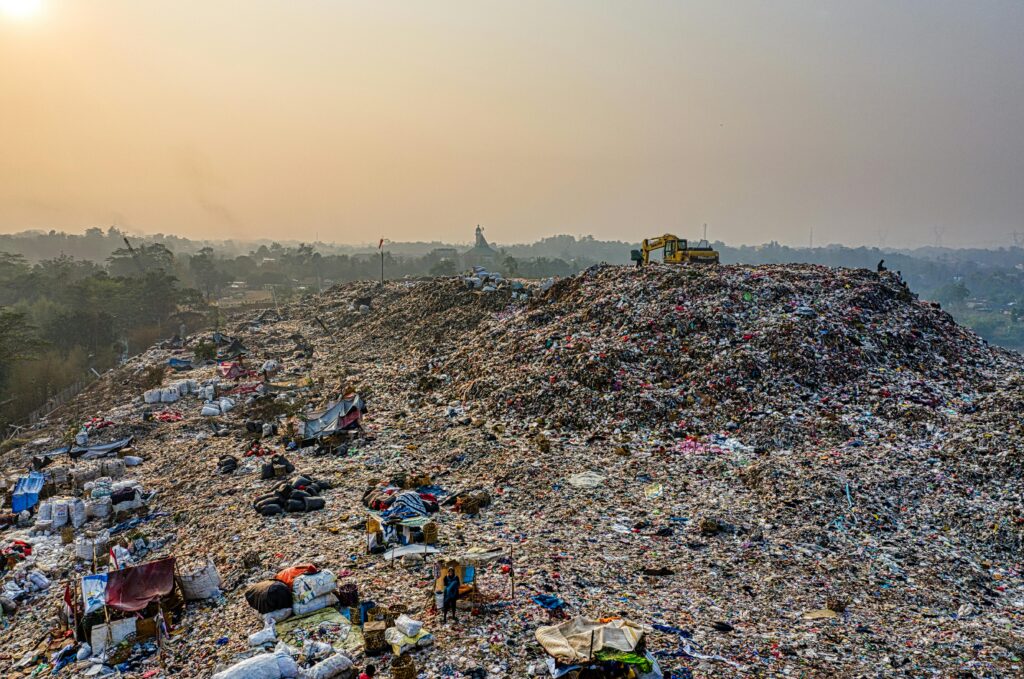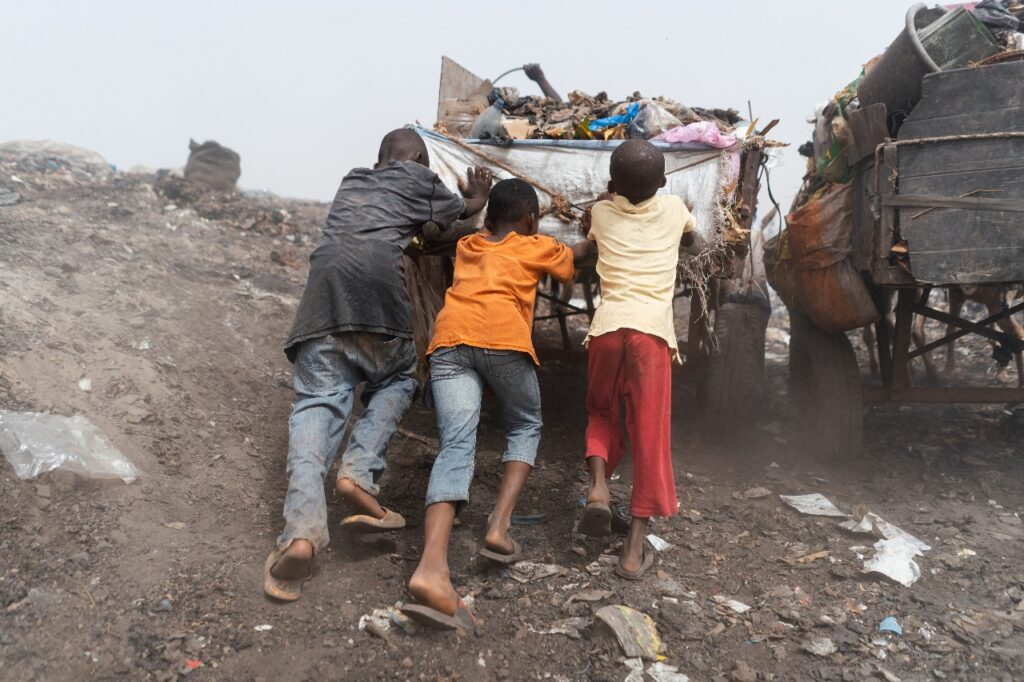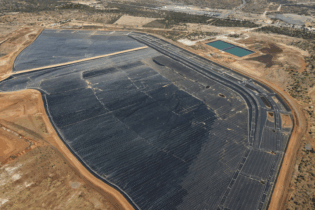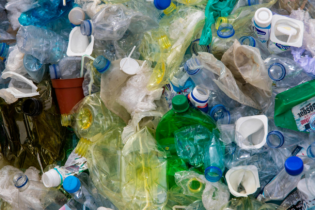Circularity Plus
IFC’s Circularity Plus platform is a one-stop shop that supports private sector waste management companies and municipalities in emerging markets with customized investment, advisory and networking solutions to harness the resource value in waste and promote circular, sustainable waste management practices.
About IFC
- Largest multilateral source of debt and equity financing for the private sector in developing countries
- AAA-rated by S&P and Moody’s
- Loans, equity, quasi-equity, local currency and risk management products, capital markets access, and mobilization
- Advisory services to help develop priority projects, structure and tender PPPs, and improve financial management
- Social, environmental, and corporate governance standards and risk mitigation
- Expertise in structuring financial instruments such as sustainability-linked, green, and blue bonds and loans, as well as mobilizing blended finance
While waste management tends to take a back seat when discussing climate change and economic development on the global agenda, there is a growing awareness that sustainable waste management practices – with a transition to the circular economy – reduce emissions and positively impact the economy.
“Methane is 80% more potent than carbon dioxide as a greenhouse gas. Recent studies show that nearly half of global warming is caused by methane emissions, and 20% of these emissions globally come from waste. The impact on climate change is huge, it is not recognised enough,” says Nuru Lama, global lead of Waste & Circularity, International Finance Corporation (IFC). Developed and developing countries In addition to global warming, pollution from unmanaged waste (waste and leachate contaminating water bodies, toxic emissions and fires in open dumps) negatively affects public health and the environment. Lama adds that in these cases, it is often the poor who are impacted the most through illness and even loss of life. “Compared to developed countries, waste management in many developing countries is inefficient and rudimentary. Traditional waste management is focused on collection and disposal in landfills. But this has shifted towards extracting value from the waste itself. The practice of circularity is more common in developed countries where waste is recycled or used to harness energy, with residual waste ending up in sanitary landfills. Unfortunately, nearly half of the waste in developing countries ends up in open dumps. Since waste management plays a key role in achieving a number of Sustainable Development Goals (SDGs), this is a huge concern.” This gap is a result of a lack of awareness of the significant impact waste management has on the environment and people’s livelihoods. There is also a cost factor. Many developing countries simply don’t have the financial resources to build and operate better waste management infrastructure – from collection, sorting and recycling to sanitary landfills (open dumping is the cheapest option). Also, households are not prepared to pay more for their waste to be separated at the source. “Another challenge is that most of the time, waste management happens at the local government level. Local governments often have a limited budget and low creditworthiness,” states Lama. Without strong regulatory requirements – besides the funding requirement to install the collection, sorting and recycling infrastructure – there can be issues around the competitiveness of the recycled product as well as market volatility around prices. The good news“Regulation is key. Both the public and private sectors may have the best of intentions, but from an investment perspective, there must be clear regulations which are seriously enforced to tackle waste management,” says Lama. The trend of stronger regulation is positive when it comes to developing countries, as they climb up the income ladder.
While climate change has dominated international discourse, it has raised the profile of waste management. Each party to the Paris Agreement is required to establish a Nationally Determined Contribution (NDC), which is a climate action plan to cut emissions and adapt to climate impacts. For many countries, waste management is part of these NDCs. “This has certainly helped to raise the profile of waste and encourage better policy and regulation,” maintains Lama. Corporations are also becoming more conscious about sustainability, focusing on recyclable packaging and recycled content in their products. Furthermore, there are Extended Producer Responsibility (EPR) regulations that make industries significantly more responsible for the recovery and recycling costs for certain identified products that they manufacture. “EPRs are injecting additional revenue into the waste management ecosystem, making waste collection, segregation and recycling more viable, this is also driving greater private sector interest,” explains Lama. The carbon credit market is also providing an additional boost to the waste sector as waste management companies increasingly tap into this market to monetise carbon emissions reduction from landfill gas capture and energy recovery technologies. Circulatory Plus Platform IFC is increasing its investments and advisory services in the waste sector. “We are working with municipalities and private sector clients to build, scale, and grow innovative, market-oriented, long-term solutions to waste infrastructure challenges. We share knowledge about new technologies in the markets, regulation models and best practices across the entire waste value chain to encourage a more circular approach.” A key IFC initiative is the Circulatory Plus Platform for the waste management sector, which is a focused one-stop approach that offers clients advisory, investment and networking solutions throughout the waste management value chain. IFC is supporting developing countries in shifting towards a more circular economy and is currently operating in countries with more robust regulation like Brazil, India and China. IFC is scaling up engagement in other markets, including Africa where it is looking at recycling opportunities in plastics and metals as well as supporting the transition to more sanitary landfills and waste-to-energy projects. “Waste management can have a massive impact on the environment, wellbeing and health of society as well as the economy. This sector does not require trillions of dollars to transition to a more sustainable one. It needs strong regulation and public support. This is a fast-developing industry, using technologies, and solutions that have already been commercially proven. There is a lot that can be done in Africa to improve waste services. There is a lot of growth potential where IFC can make a meaningful contribution,” concludes Lama.









